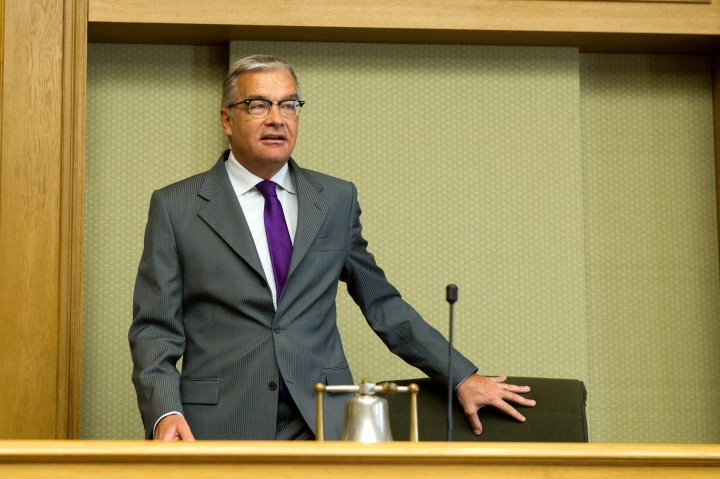The vote took place during a parliamentary debate on the British exit from the EU on Tuesday 4 July.
Several themes were addressed, such as the need for a common EU position, a non-aggressive approach, the long-term risks for the economy and a “healthy appetite” for any potential business relocations to Luxembourg.
The government told the Chamber of Deputies that it expected hundreds, not thousands, of jobs to come to Luxembourg because of Brexit.
However, the majority did not deem it necessary to have parliament informed regularly on how the negotiations were evolving.
Resolution on keeping parliament informed rejected
Laurent Mosar of the CSV, the largest individual party in parliament, submitted a resolution on involving parliament closely in the Brexit negotiations between the EU and UK. The resolution called for close cooperation between parliament and the government to determine in advance the position of the grand duchy on Brexit.
In addition, it would have required the prime minister and other members of government to update a parliamentary committee before and after every negotiation round between the two sides. Mosar, also asked that Luxembourg’s MEPs should be invited to these sessions.
Mosar warned against the UK possibly using a “divide and conquer” strategy. He argued that the EU had the better cards, but could only play them if it stayed united. He said that “the UK and its lobbies will do anything to cause division”, and warned that if exceptions were made for the UK, this would open doors to all sorts of exceptions for other countries.
However, the government coalition was none too pleased with this, and the parliamentary majority rejected this with 32 votes against the opposition’s 28 (CSV, déi Lénk and ADR).
Foreign affairs minister Jean Asselborn argued that there was no national, but only a European, strategy. “We should not say what our red lines are”, said Asselborn. He indicated that chief EU negotiator Michel Barnier should have leverage when hammering out details.
Asselborn stated that the main guideline was that “EU integration brought wealth and prosperity”. A win-win situation was impossible, instead it was about damage limitation. He stated that “a lot of Vaseline” will be necessary to find a solution.
Marc Angel, the LSAP chair of the parliamentary committee on foreign affairs, said the government voted against the resolution because Brexit was a “normal EU issue” and therefore there was no need for this resolution.
Furthermore, he announced that on 14 July, there was another debate in parliament on European affairs and he would put forward a similar resolution which would automatically cover the Brexit negotiation as well--hence there was no need for a separate resolution.
Moreover, the ministers always accepted any invitation to this parliamentary committee and therefore, according to Angel, it was superfluous.
